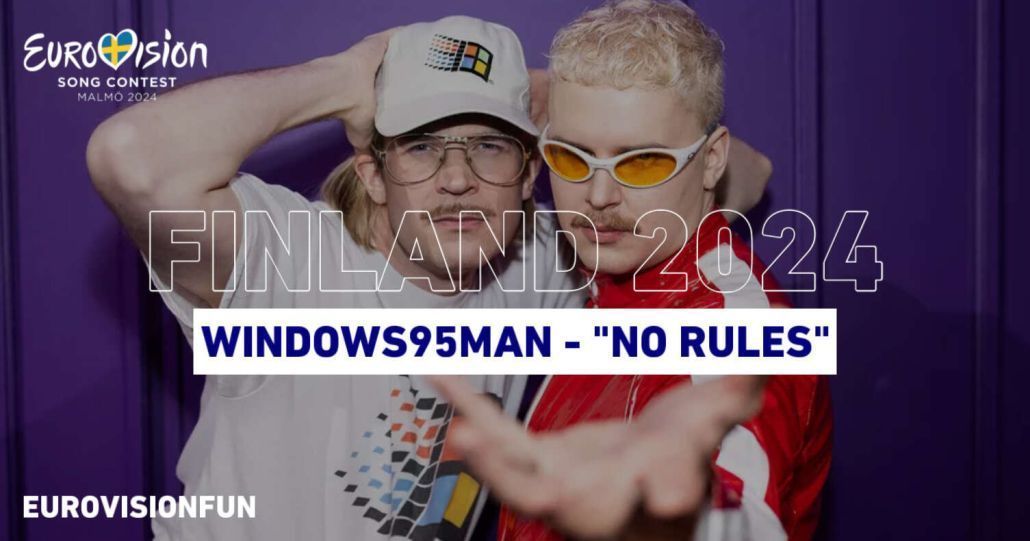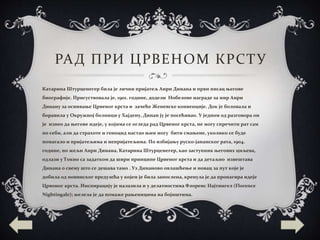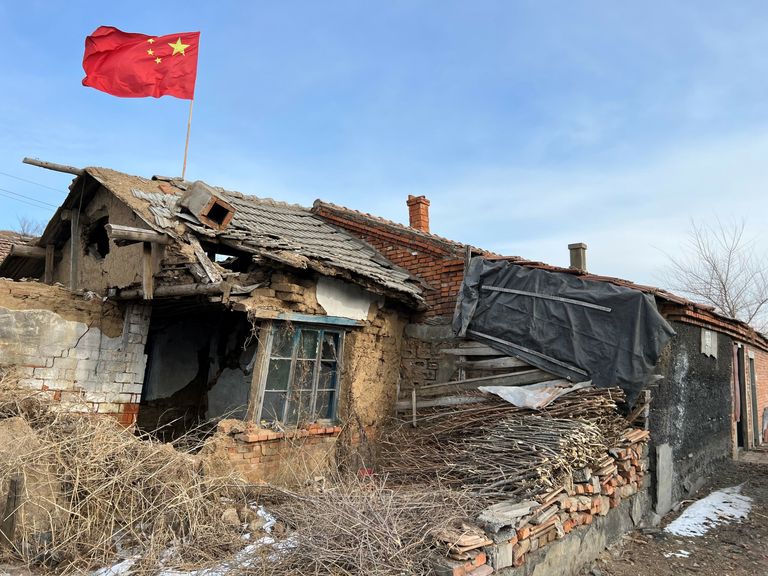Debate Erupts: Spanish Broadcaster Questions Israel's Eurovision Participation

Table of Contents
H2: The Spanish Broadcaster's Statement and its Impact
Keywords: Spanish Television, RTVE, statement, criticism, reaction, social media, impact
The controversy began with a statement from Spain's public broadcaster, RTVE (Radiotelevisión Española). While the exact wording remains subject to interpretation and is difficult to pinpoint without direct quotes, the essence of their public statement questioned the appropriateness of Israel's continued participation in Eurovision, given ongoing geopolitical tensions and human rights concerns related to the Israeli-Palestinian conflict. This subtle yet impactful statement quickly spread across social media, triggering a firestorm of reactions.
-
Public Reaction: The statement generated a wave of responses, both supporting and opposing RTVE's position. Supporters lauded the broadcaster for raising important ethical questions about the intersection of politics and entertainment. Critics, however, accused RTVE of politicizing the Eurovision Song Contest and undermining its apolitical nature. The debate also sparked accusations of antisemitism from some quarters, further fueling the controversy.
-
Social Media Impact: Hashtags such as #EurovisionDebate, #IsraelEurovision, and #BoycottIsraelEurovision trended on various social media platforms, highlighting the widespread interest in the debate and the passionate opinions on both sides. The conversation showcased a range of perspectives, from those calling for a boycott of Israel's participation to others defending the competition's commitment to artistic merit over political considerations.
-
Potential Consequences for RTVE: The statement's potential impact on RTVE’s relationship with the European Broadcasting Union (EBU), the organizer of Eurovision, remains uncertain. The EBU has historically emphasized the non-political nature of the competition, and any overt political statements by participating broadcasters could have ramifications for their future involvement.
H2: Arguments For and Against Israel's Participation
Keywords: Pro-Israel, anti-Israel, boycott, Palestinian rights, political neutrality, cultural exchange, artistic merit
The debate surrounding Israel's participation in Eurovision exposes a fundamental conflict: the tension between upholding the apolitical ideals of the competition and addressing pressing political and human rights issues.
-
Arguments for Participation: Proponents argue that Eurovision should remain a platform for celebrating artistic talent and cultural exchange, irrespective of participating countries' political situations. They emphasize the competition's potential to foster dialogue and understanding between different nations. The argument often cites Eurovision's history of hosting countries with complex political pasts and highlights the importance of maintaining its apolitical nature.
-
Arguments Against Participation: Opponents, however, argue that ignoring Israel's human rights record and its occupation of Palestinian territories would be a dereliction of moral responsibility. They point to the ongoing conflict and its impact on Palestinian lives, arguing that allowing Israel to participate normalizes its actions and silences the voices of Palestinians. Calls for boycotts are often linked to this perspective, with the aim of exerting pressure to address human rights concerns.
-
Eurovision as a Political Tool: The debate also centers on the potential use of Eurovision as a tool for political messaging. While the EBU strives for neutrality, past events have shown that the competition can, inadvertently or intentionally, become a stage for political expression. This makes the question of Israel’s participation particularly sensitive and complex.
H3: The Role of Eurovision in Geopolitics
Keywords: Eurovision politics, geopolitical implications, soft power, cultural diplomacy, international relations
Eurovision's global reach makes it a significant player in the arena of soft power and cultural diplomacy.
-
Past Political Expression: History shows that Eurovision has, at times, been used as a platform for political expression, both subtly and overtly. Artists have used their performances to convey political messages, and controversies surrounding participation have highlighted the interplay between politics and culture on a global stage.
-
Shaping Perceptions: The event significantly influences national and international perceptions of participating countries. A strong performance can boost a country's image, while controversies can damage its reputation. Israel's participation, therefore, is not just about music; it has broad geopolitical implications.
-
Impact of Boycotts: Boycotts and controversies can significantly impact the future of the competition, raising questions about its ability to maintain its apolitical stance while addressing concerns about human rights and international relations.
H2: The Future of Israel's and Spain's Involvement in Eurovision
Keywords: future participation, Eurovision future, impact on future events, Spanish involvement, Israel's future
The aftermath of RTVE's statement raises crucial questions regarding the future of both Israel's and Spain's involvement in Eurovision.
-
Israel's Future Participation: Whether Israel’s participation continues without significant backlash remains uncertain. The controversy could lead to increased scrutiny of Israel’s involvement in future events.
-
Spain's Relationship with the EBU: RTVE's actions could affect its standing with the EBU, potentially influencing its future participation in the contest. The incident highlights the delicate balance broadcasters must strike between expressing opinions and adhering to the EBU's rules.
-
Shaping Future Discussions: The controversy is likely to shape future discussions regarding the participation of countries with contentious political situations. The debate raises important questions about the boundaries of political expression within the context of an international artistic competition.
Conclusion:
The Spanish broadcaster's questioning of Israel's participation in Eurovision has sparked a heated debate, highlighting the complex interplay between politics, culture, and international events. Arguments both for and against Israel's involvement reflect diverse perspectives on human rights, political neutrality, and the role of artistic expression in a globalized world. The controversy underscores the need for ongoing discussions about the balance between cultural exchange and political considerations in international competitions like Eurovision.
Call to Action: What are your thoughts on the debate surrounding Israel's Eurovision participation? Share your opinion in the comments below and join the conversation about the future of this complex issue. Let's continue the discussion about Israel's Eurovision participation!

Featured Posts
-
 Federer O Povratu I Zhelji Za Igrom Pred Punim Stadionima
May 14, 2025
Federer O Povratu I Zhelji Za Igrom Pred Punim Stadionima
May 14, 2025 -
 London Date Night Maya Jama And An Unidentified Gentleman
May 14, 2025
London Date Night Maya Jama And An Unidentified Gentleman
May 14, 2025 -
 Dodgers Comeback Win Ohtanis Explosive 6 Run 9th Inning
May 14, 2025
Dodgers Comeback Win Ohtanis Explosive 6 Run 9th Inning
May 14, 2025 -
 Fitzgeralds Hot Streak Key To Giants Latest Victory
May 14, 2025
Fitzgeralds Hot Streak Key To Giants Latest Victory
May 14, 2025 -
 Informatieverzameling Over Nederlander Bayerns Hoge Uitgaven
May 14, 2025
Informatieverzameling Over Nederlander Bayerns Hoge Uitgaven
May 14, 2025
